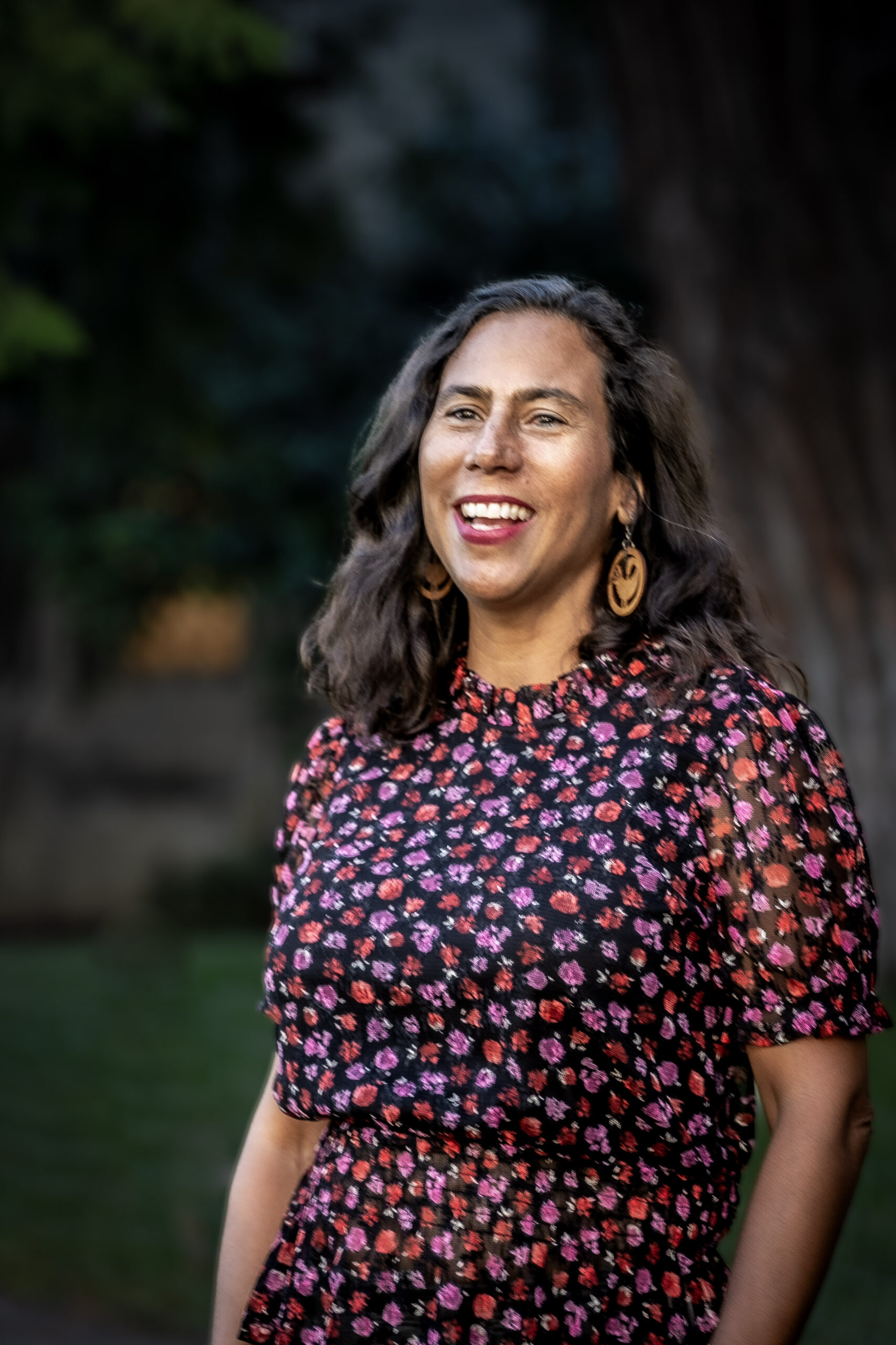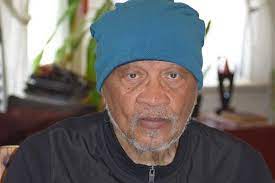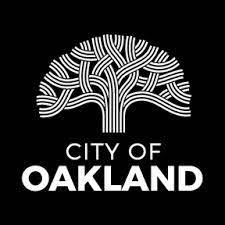
By Karla Brundage
This December Black Gold story was written in honor of Kujichagulia, the Kwanzaa principle of self-determination. An inspiring embodiment of Kujichagulia is Ishmael Reed: novelist, playwright, musician, publisher, thought leader, professor and path forger in the arts in Oakland not only in his own career but also in the lives of countless others. As a prolific author and founder of the Before Columbus Foundation and the American Book Awards, Reed’s determination to create new ways for Black artistic expression upholds the power to define, name, and create for ourselves.

I was honored to be able to Interview Ishmael for Black Gold and chronicle his migration journey. For me, this was a moment of rare vulnerability. I met Ishmael Reed, his wife Carla Blank, and their daughter Tennessee Reed in the early 1990’s through my mother, their dear friend, Kathryn Waddell Takara, Ph.D. They have always been family friends. In fact, my Carla is my namesake, but my name is spelled with a K- after my mother.
I have a memory of meeting Ishmael as he was finishing his books Blues City: A Walk in Oakland. I remember Ishmael had a vision of a recreating the famous photo by Art Kane A Great Day in Harlem or Harlem 1958. On this sunny Oakland day, Ishmael Reed gathered a group of thirty-three blues musicians at “Esther’s Orbit Room”, one of the great blues and jazz clubs in Oakland also known as the “Grand Lady of 7th Street.” It was last of the “Harlem of the West Coast” jazz clubs in West Oakland. Owned by Esther Mabry, Orbit Room opened in 1959 and closed in 2011.
Blues City chronicles the arts in Oakland. In 1983, Ishmael wrote a well-celebrated essay entitled, “There is a There, There,” in which he maps historical events and centers Black contributions. He pays homage to the complex history of multiculturalism, a concept which blossomed, in part, as a result of his work in the collection Multi-America: Essays on Cultural Wars and Cultural Peace.
A literary giant, Reed’s mission as a satirist has been one of the truthsayer, calling out hidden motivations of politicians, academics and artists alike in his groundbreaking works, such as Mumbo Jumbo, which is celebrating its 50th anniversary in print this year, with a special edition. His book Japanese by Spring investigates race and politics in academia; and his latest play The Conductor shines a light on the recent school board recalls and the underlying motivations of tech billionaires.
In our recent interview, Ishmael Reed spoke of his first migration. I share bits of our conversation here and in an accompanying video detailing his migration story.
In His Own Words
Reed: It all started in this artistic zone we all created. Called Allentown, Jewish, Irish Black. I used to read Ted Jones, one of the Black Members of the Beat generation. I said, I really want to get into that scene. He was in New York. I guess that was the first migration when I was 23 or 24. I had met Malcolm X and heard Miles Davis landmark album, Miles Ahead and I said that is where I want to be, in New York. One day (in 1962) So we went down one weekend to Chumley’s on Bedford Street. It was a hangout for writers like Edna St. Vincent Millay and all these 1920’s…like it was a former speakeasy. It was so “in” there did not have a name on the door. I had wrote my first play about a conflict between Muslims and Christians at an HBCU (Historically Black College and University). This guy was staying at the bar and I showed him my play. He read it and said I had talent. The play itself was lost. The car broke down and I never retrieved my stuff, but I decided to move to New York. I lived in rooming houses paying $8 a week and did odd jobs. I attended an Umbra workshop run by Tom Dent and David Henderson. I met with Calvin Hernton and I introduced N.H. Pritchard to Umbra. They say the Black Arts Movement started with Umbra. Amiri Baraka did mention that the cradle of the Black arts movement was in our workshop. But our group broke up because it was riddled with conflict and there were irreconcilable differences between the integrationists and the separatists. So Black Arts was a repertory group that Baraka took uptown to move away from the imitations of the 50’s to create a Black aesthetic. Black Fire was the ‘New Negro’ of our generation. Amiri Baraka did not include me in that group up there which lasted a summer at the ‘Black Arts.’ They would take flatbed trucks around to Harlem performing arts. We have to give credit to Kim McMillon for the new Black Fire, The Black Fire this Time. It detoxifies from the past filled with homophobia and sexism.
I was straddling the counterculture and Black Nationalists. I was in the middle. I did not understand that there were feuds between the factions. The bombing of the Baptist Church in Birmingham was the event that broke people up. It was around this time that I was introduced to Carla Blank by N.H. Pritchard. While I was straddling between black and white, she was working with Native American Indians and Japanese choreographers. That is where I got the idea of Multiculturalism.
Langston Hughes was instrumental in getting my novel published. By the time I was twenty-seven, I had a book deal for my first novel Freelance Pallbearers. It was then that we came to Los Angeles on 1967. I worked on my second novel, Yellow Back Radio Broke-Down. It was stolen by Richard Pryor and given to Mel Gibson who made it into Blazing Saddles. I called it a hoo-doo Western. It deconstructs the Western.
We migrated to Berkeley. I was down on the last money when Professor Thomas Parkerson reviewed my book on KPFA. He offered me a lectureship at U.C. Berkeley and I was there for thirty-five years. It was the greatest job I ever had. I worked part time and could write. I think because of me and Al Young the Black writing scene is moving to the West Coast.
…
The Black population has been reduced. The Banks through redlining reduced Black families to be renters. The Capitalist system is against Blacks having assets unless we are the asset.
Early in his career, Ishmael began to see inequities in the publishing business. As early as the publication of Umbra Magazine, he began to publish the voices of marginalized writers, as part of his evolving philosophy to embrace the many cultures that make up the complex history of the United States.
In Berkeley he started the Oakland Branch of PEN, called PEN Oakland with a mission of publishing Black writers. He also is the founder of Before Columbus Foundation, founded in 1976 to celebrate multicultural literature. According to its history as outlined on the website, the foundation recognizes that “American literature is not one tradition but all traditions. From those who have been here for thousands of years to the most recent immigrants, we are all contributing to American culture…Columbus did not ‘discover’ America…we are all still discovering America-and we must continue to do so.” As part of that charge to continue this discovery, the foundation awards an American Book Award each year.
While working to amplify the voices of others, Reed has continued to publish widely. He’s published several anthologies including these select titles: Native American Literature; Multi-America: Essays on Cultural Wars and Cultural Peace; From Totems to Hip Hop; and Before Columbus Anthology.
Reed’s book Writing is Fighting a title that sums up his life’s work. He is a writer and a publisher who refuses to be tokenized or smothered by flattery and suffer from an “overdose of affection” which could taint his message. He has produced plays, operas, podcasts, books on tape and now as a playwright he feels like his work is getting out there.
Ishmael’s Blue City may be his least satirical work. It is a love story to a city that is rapidly changing. Oakland is the city he settled upon, and I was grateful to learn more about his journey to get here. As an Oakland resident myself, I wondered what words of hope Ishmael might offer for those living in our beloved city. He said, “There is no Black community in Berkeley anymore. In Oakland, the Black people have dispersed. Maybe …. The prices will go down.” Like a true bluesman, his advice rings on a sad note, and yet still sounds off a timbre of determination.


